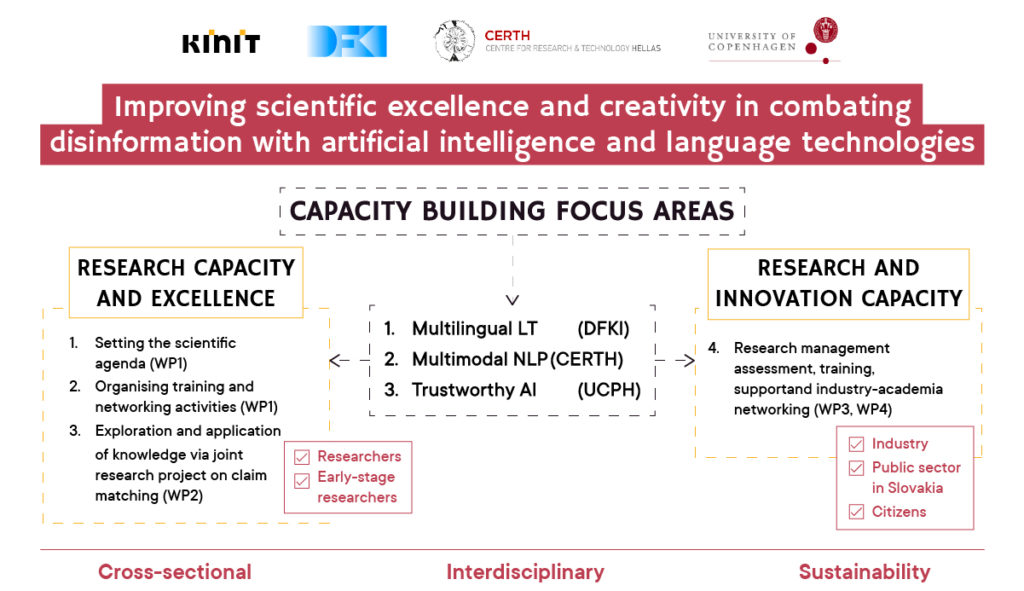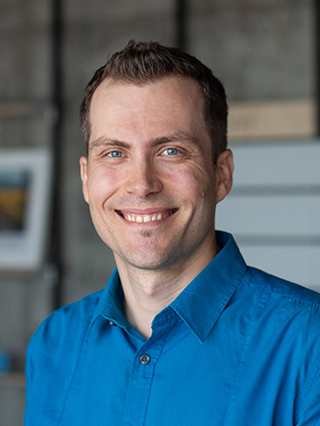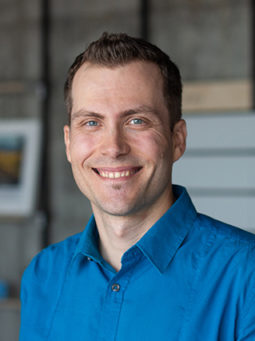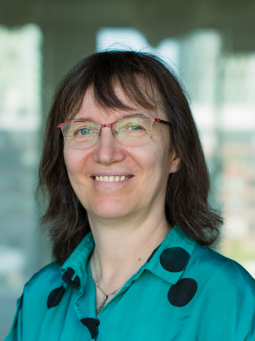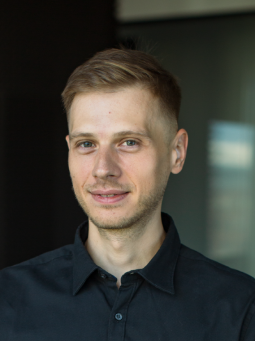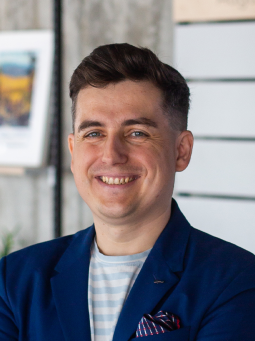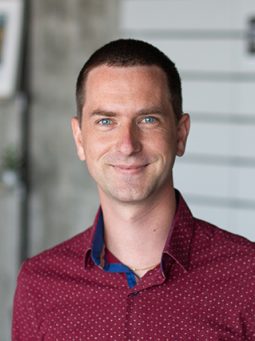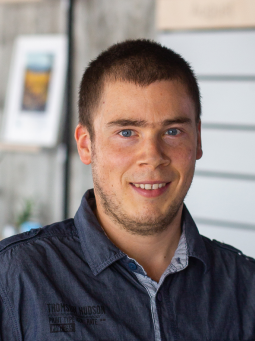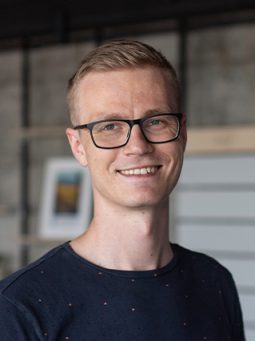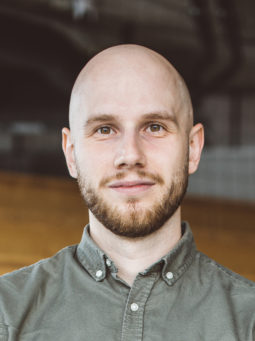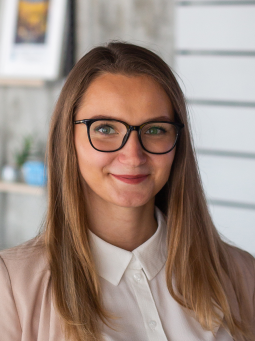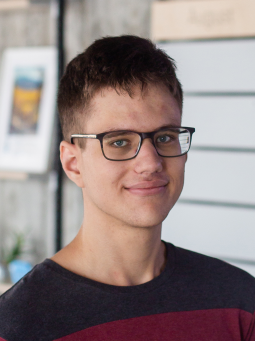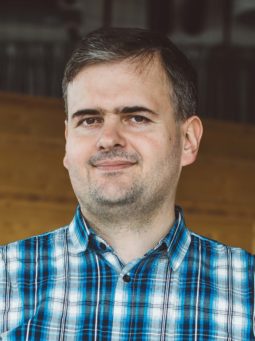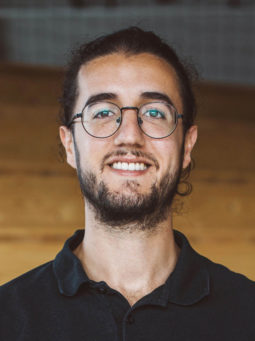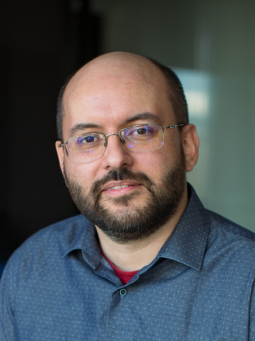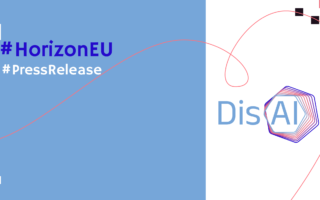DisAI: Improving scientific excellence of KInIT in AI and language technologies to fight disinformation
The R&I ecosystem of Slovakia suffers from a lack of scientific excellence and industry-academia collaboration. Gross Domestic Expenditure on R&I from the private sector in 2020 was 0.5 % of the Slovak GDP, being one of the lowest in the EU. Challenged by the lack of internationalisation, “academic inbreeding” and brain drain (second highest in EU), Slovakia continually ranks on the tail of participation and success rates in EU funding programmes.
The Twinning scheme aims to enhance networking activities between the research institutions of the Widening countries and top-class leading counterparts in the EU. We set our main goal to help safe-guard digital society in Slovakia and beyond by improving scientific excellence and creativity of KInIT in combating harmful content with artificial intelligence (AI) and language technologies (LT).
In the DisAI project, we connect with the German DFKI, Danish University of Copenhagen and Greek CERTH.
DFKI is the largest independent AI research institute worldwide and top-level research institute in various areas of human-centric AI, including language technologies and multilingualism.
The University of Copenhagen is an internationally leading university, with rankings of No. 33 worldwide and No. 7 in Europe according to the ARWU (Shanghai) ranking, having one of Europe’s strongest natural language processing sections and expertise in trustworthy AI.
CERTH is a Greek awarded research centre with extensive expertise in disinformation combating and multimodal processing.
The main objectives of the project are improving scientific excellence of KInIT in the selected areas of AI and LT, and strengthening research management and administrative skills and support for excellent research at KInIT.
We focus on disinformation combating, which we consider one of the most important societal challenges to tackle. We already have a rising research track/record and involvement in international initiatives in the area of information disorders. Strengthening KInIT’s competencies will be achieved by building its capacity in three focus areas:
- Multilingual Language Technologies
- Multimodal Natural Language Processing
- Trustworthy Artificial Intelligence
KInIT takes the coordinator role in the project, where the main work is divided into:
- Research strategy formulation and research excellence training. The International scientific coordination committee will oversee scientific goals and roadmap toward their implementation. Training activities such as webinars, a summer school, a shared task and workshops, and staff exchanges will be organized, aiming at knowledge sharing, exchange of best practices and competencies among consortium partners, and networking for excellence, targeting scientists at different career levels (from early-stage to senior researchers, including students).
- Collaborative exploratory research project. Complementing the training and networking, research capacity and excellence will be deepened through practical application of gained knowledge. The research project will focus on claim matching as a representative task of disinformation combating. The infrastructure built within the project and the acquired datasets will remain permanent and useful for KInIT for future endeavors in disinformation or other harmful content combating.
- Improvement of research management and innovation capacities. Research management and administration skills to support creativity and innovation will be strengthened via a set of specific training and networking activities and by setting up a collaborative research support help-desk with the involvement of the leading partners’ research management units.
- Results dissemination and exploitation beyond the project. The focus will be on raising the reputation and research profile and collaboration attractiveness of KInIT. Wider regional and national impact of the project results will be maximized. KInIT will be introduced at prominent research venues andat academic and industry collaboration events. We plan to integrate into AI and LT international initiatives such as CLARIN or ELLIS.
The DisAI project is an extraordinary match for KInIT’s mission of cultivating talent, strengthening research capacities of industry and academia, and achieving scientific excellence for improving the competitiveness of our country and region.
Marián Šimko, Expert Researcher
Kempelen Institute of Intelligent Technologies
Project team
Marián Šimko
Lead and Researcher
Matúš Pikuliak
Research Consultant
Maria Bielikova
Lead and Researcher
Michal Kompan
Lead and Researcher
Juraj Podroužek
Lead and Researcher
Miroslav Blšták
Research Engineer
Martin Tamajka
Research Engineer
Peter Griger
Research Engineer 03/2022-09/2023
Marcel Veselý
Research Engineer
Kris Farrugia
Research Engineer
Andrej Ridzik
Research Engineer
Jaroslav Kopčan
Research Engineer
This project is funded by the European union.
